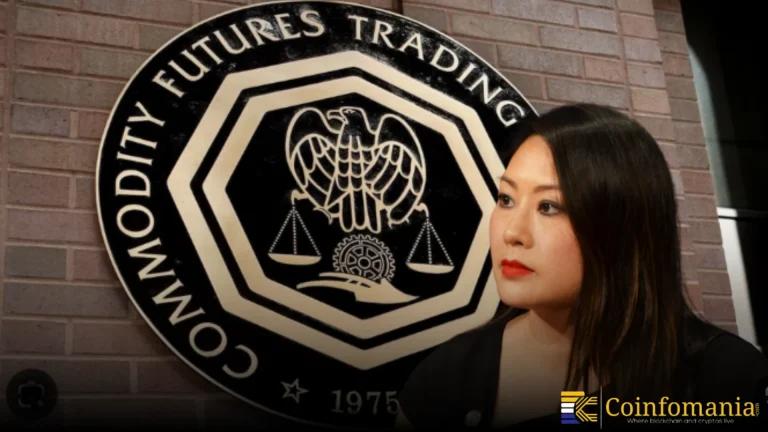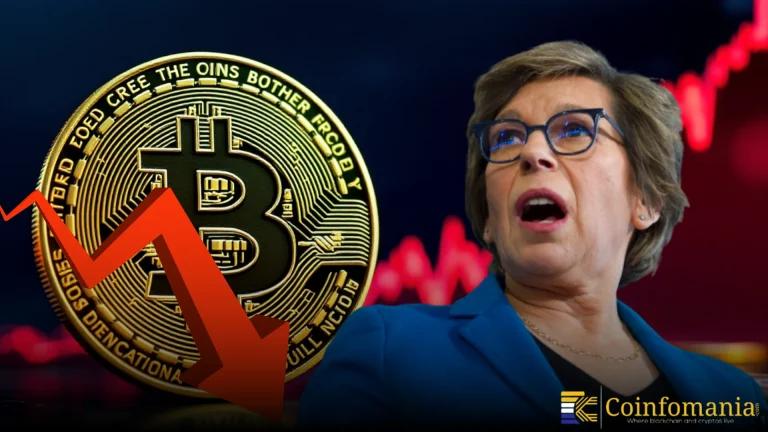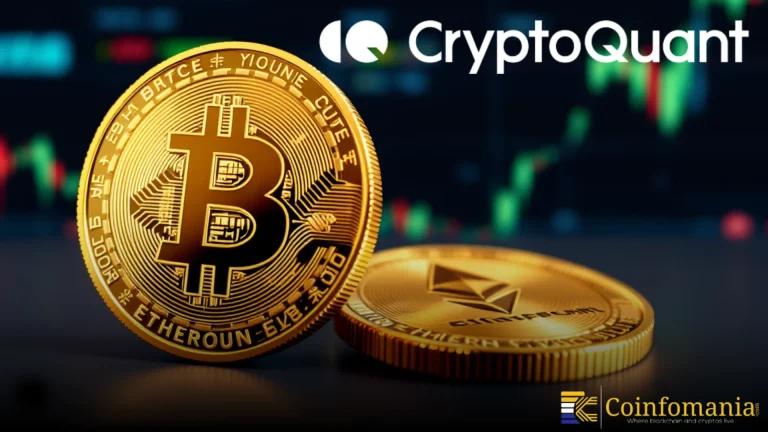Jeff Park Slams $795 Chase Sapphire Fee as Loyalty Program Fail
Discover Jeff Park’s scathing take on Chase Sapphire Reserve’s $795 fee and what it means for the premium travel card market.

Quick Take
Summary is AI generated, newsroom reviewed.
Chase’s $795 annual fee signals a luxury shift, but risks alienating core users.
Jeff Park’s criticism reflects growing discontent over bloated loyalty program perks.
New benefits exceed $2,700 in value - if fully used.
JPMorgan Chase has raised eyebrows after unveiling a steep $795 annual fee for its revamped Sapphire Reserve credit card. Despite the upgrade boasting over $2,700 in value-packed perks, critics say the offering is detached from what cardholders actually want. Among them is Jeff Park, a prominent voice in fintech circles, who blasted the announcement as a “fail in the history of loyalty programs.” The new Chase Sapphire Reserve perks include a $500 hotel credit, $300 dining credit, and enhanced travel redemptions. Still, many question whether the premium travel card is worth the price hike.
Critics Say Chase’s Premium Travel Card Misses the Mark
The premium travel card market is heating up, and not necessarily in a good way. JPMorgan Chase’s decision to raise the Sapphire Reserve annual fee by 45% has been met with swift backlash. While the bank touts over $2,700 in yearly benefits, the reality is that many cardholders rarely utilize the full suite of perks.
Jeff Park criticized the premium travel card overhaul on social media, saying, “The new Chase Sapphire wants you to pay a whopping $795 per year for the unasked privilege of directly booking flights and hotels on their useless portals.” His post struck a chord among frequent travelers and finance enthusiasts, many of whom echoed frustration over point redemptions and the reliance on Chase’s travel booking systems, which are often seen as clunky and overpriced. As travel perks get more luxurious, the utility of the card for the average user becomes questionable.
What Is JPMorgan Offering in Return for the Price Hike?
Despite the criticism, JPMorgan is banking on value-heavy perks. The card now offers a $500 annual credit for stays at its curated hotels and resorts. Customers also get a $300 annual dining credit at Sapphire Reserve Exclusive Tables and $300 for event tickets on StubHub or Viagogo.
Free subscriptions to Apple TV+ and Apple Music add another $250 in value. Users spending $75,000 or more per year unlock even more benefits like elite status at IHG and Southwest Airlines. Meanwhile, a new Sapphire Reserve business version has also debuted, targeting small-business owners with similar perks and added tools like Google Workspace and ZipRecruiter credits. This expansion seems aimed at competing directly with American Express’s business Platinum card.
Will Affluent Users Still Buy Into the Card?
The premium travel card market is shifting from middle-class aspirants to top-tier earners. Experts say this evolution might alienate a chunk of Chase’s original customer base. With AmEx and Capital One tightening lounge access due to overcrowding, JPMorgan may be intentionally pricing out casual users to enhance exclusivity. Senior Bankrate analyst Ted Rossman noted, “When the Sapphire Reserve first came out, it was a solid middle-class play that offered champagne travel on a beer budget.” Now, it appears JPMorgan is going for luxury, with an $800 price tag to match.
What’s Next for the Premium Travel Card Battle?
As JPMorgan Chase ramps up perks, American Express is preparing to respond with Platinum card updates later this year. Rumors suggest a fee increase from the current $695 level, with added perks to match. For now, the premium travel card space is moving toward a “subscription model” that encourages users to stay in the ecosystem. Whether the Chase Sapphire Reserve justifies its $795 fee may depend on how much cardholders value bundled travel and dining benefits over everyday simplicity.
Follow us on Google News
Get the latest crypto insights and updates.


